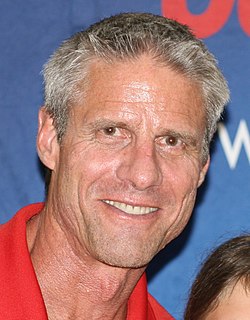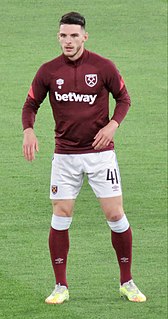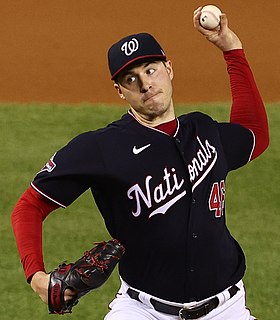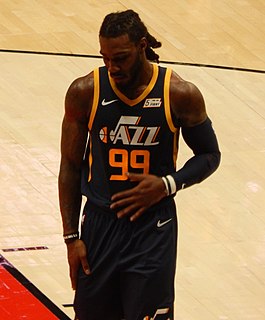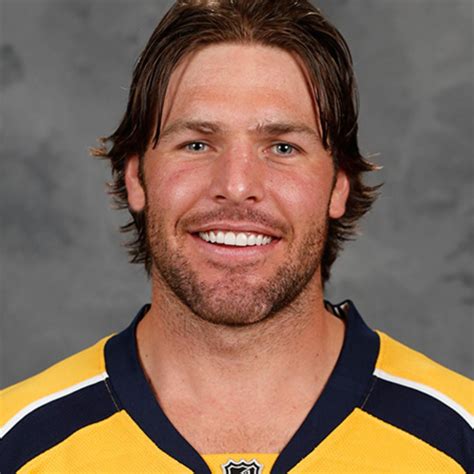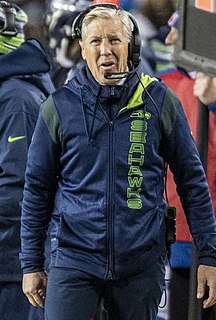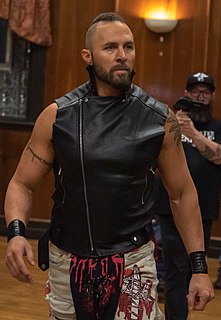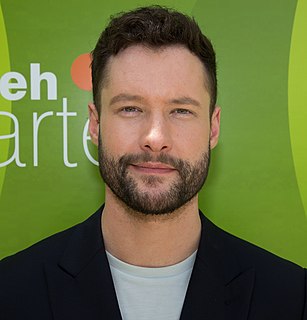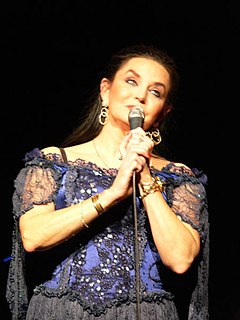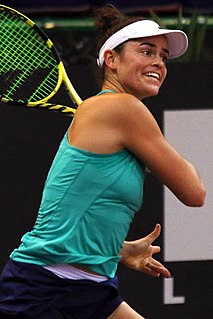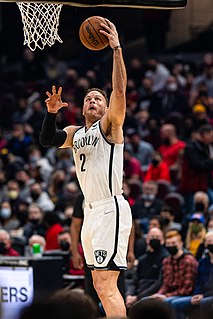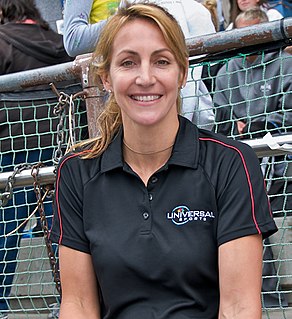A Quote by Karch Kiraly
My dad was a really intense competitor and that rubbed off on me. He was loud and vocal on the court, so I let him do all the talking. But I developed a kind of quiet intensity that I knew I had to have to improve and compete with grown men. It took every ounce of focus.
Related Quotes
I don't really remember much before was eight, but I do remember that my dad brought me to drop me off at my grandmother's house, and he was a very emotional guy, but that was the first time I really saw him cry, cos I knew it killed him to have to give me up, but he knew I needed some family structure. That was the last time I'd see him or talk to him when he was sober for the next 10 years.
My Dad took a workshop from a photographer who worked at the Toledo Blade, a newspaper I delivered. I knew this photographer's work. My Dad took a night class from him at the University of Toledo. Without that class, I wouldn't have become a photographer, because my Dad came home and taught me what he learned in class.
He knew who I was, at that time, because I had a reputation as a writer. I knew he was part of the Bush dynasty. But he was nothing, he offered nothing, and he promised nothing. He had no humor. He was insignificant in every way and consequently I didn't pay much attention to him. But when he passed out in my bathtub, then I noticed him. I'd been in another room, talking to the bright people. I had to have him taken away.
My dad was a huge basketball influence in my life on and off the court. Playing for him and having him around, having him push me harder than maybe another coach would have was a huge blessing for me. Getting to play with my brother was an unreal experience at Oklahoma, in college, it's some of the funnest times I've had in basketball, and I'll cherish those memories forever.
